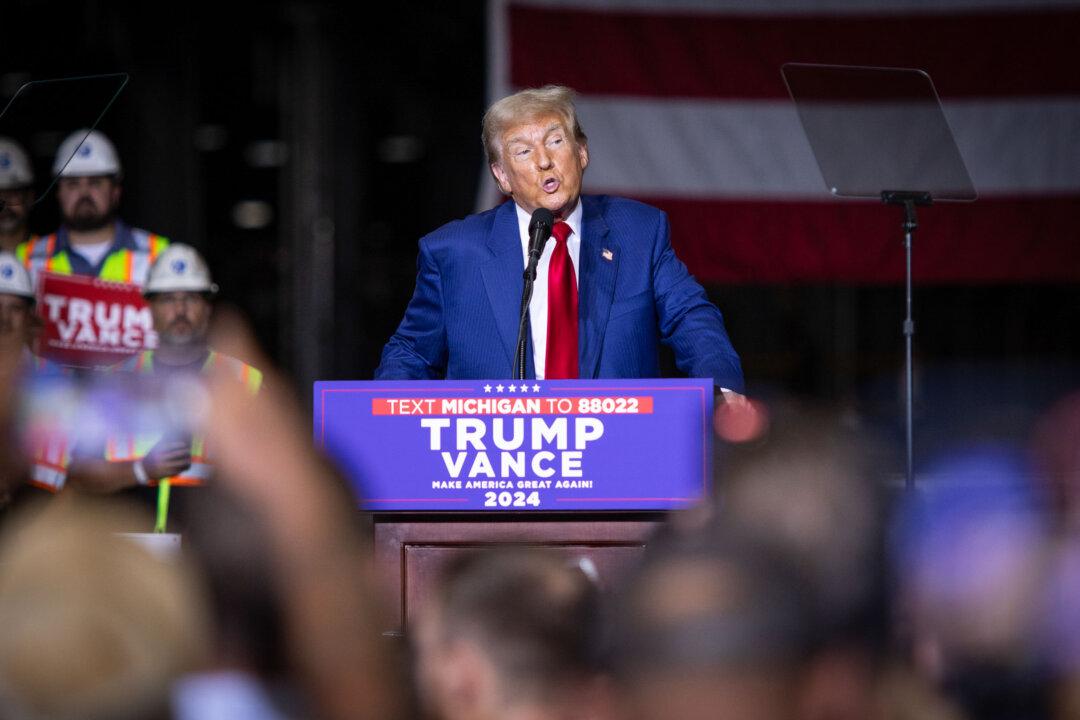Several Canadian business groups are calling for federal and provincial governments to act in lockstep on economic issues in response to the election of Donald Trump, who has vowed to return to his “America First” policies by imposing tariffs on imports from other countries.
“The US election results hold significant implications for Canadian small businesses. We must prepare for another round of tough negotiations on the Canada-US-Mexico free trade agreement (CUSMA),” said Canadian Federation of Independent Business (CFIB) President and CEO Dan Kelly on social media platform X.





